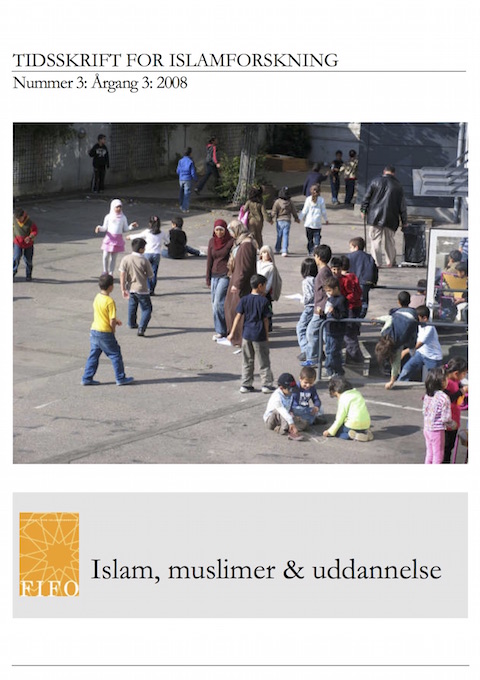Muslims in Academia. New Stakeholders, Old Institutions, and the Future of Western Islam
DOI:
https://doi.org/10.7146/tifo.v3i3.24575Keywords:
Muslims, academia, Islamic Studies, Western Europe, North America, Qu'ran, HadithAbstract
Based on the observation that a rising number of scholars and students with Muslim background study and teach Islamic studies in Western Europe and North America, we propose the following two broad hypotheses: 1) that this development within academia will bring about changes within the narrow confines of Academia, but 2) will also have wider implications for the development and formation of Islamic thinking/exegesis in Western Europe and North America and perhaps even core-Islamic countries in the Middle East and South East Asia. In order to understand and assess this new state of affairs and its prospects, we set out to identify and analyse the social, religious, national background and role of these new academic stakeholders, their relevant institutions, programmes, research themes and approaches, challenges and opportunities. Based on the premise that Islam is a religion with strong scripturalist roots (among other roots to be sure) we direct particular attention to that field within Islamic studies that deals specifically with Qur’an and hadîth-related studies. This research project, then, investigates two questions. The first one is the most restricted and relates to organizational matters of the contemporary university (human resources, curriculum, funding etc.) and the Forschungsgeschichte and prospects of Islamic/Qur’ânic studies. The second question is more extensive in scope and probes grand-scale theological-exegetical trends, profiles and scenarios of a so-called Western Islam.Downloads
Published
2008-11-24
How to Cite
Hoffmann, T. (2008). Muslims in Academia. New Stakeholders, Old Institutions, and the Future of Western Islam. Scandinavian Journal of Islamic Studies, 3(3), 73–85. https://doi.org/10.7146/tifo.v3i3.24575
Issue
Section
Articles: Thematic section
License
Scandinavian Journal of Islamic Studies publish under creative commons license BY-NC-SA.





